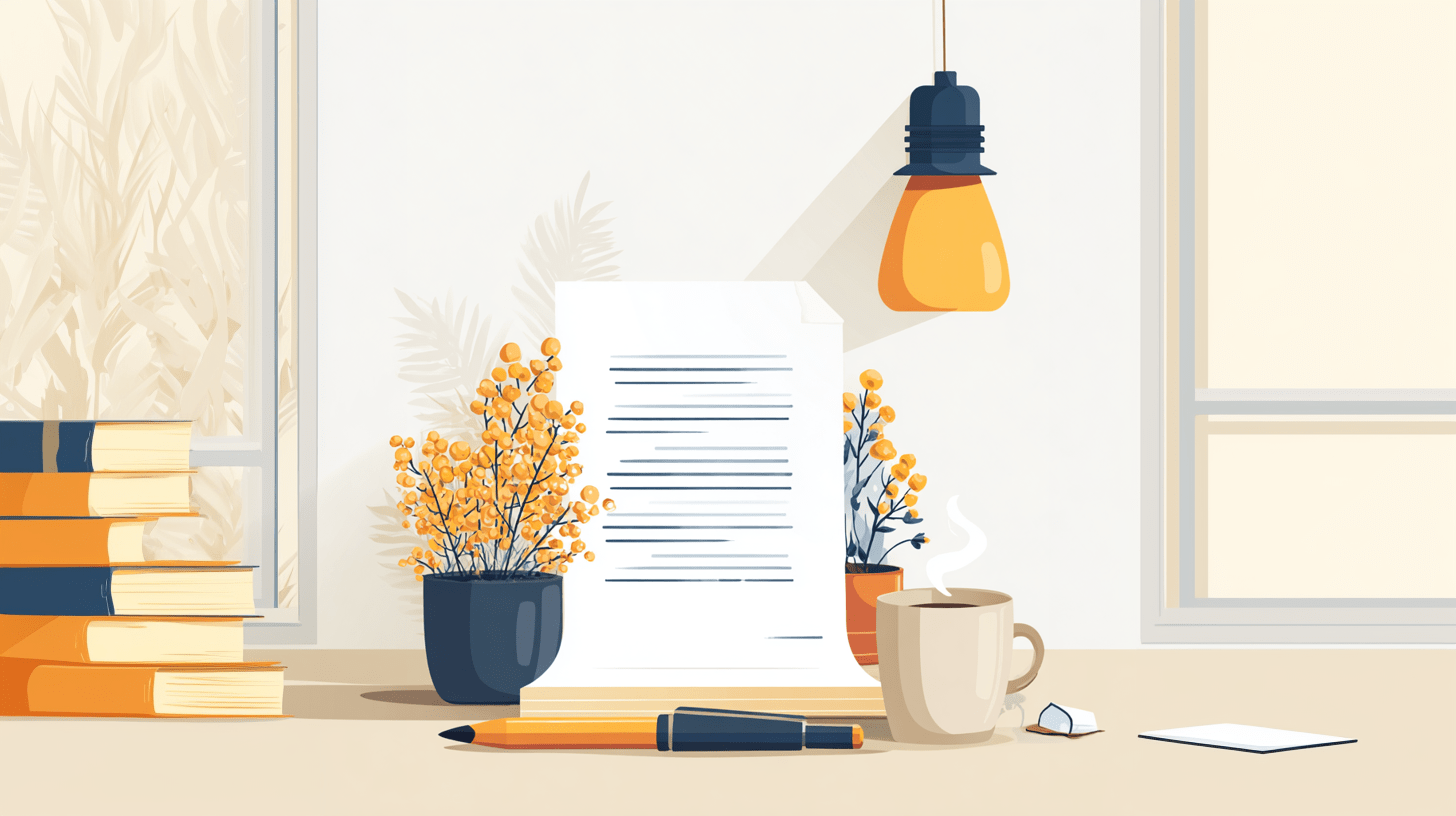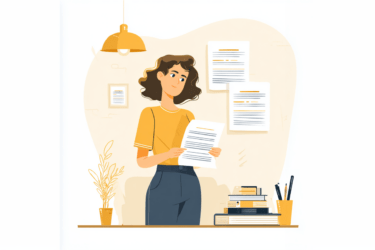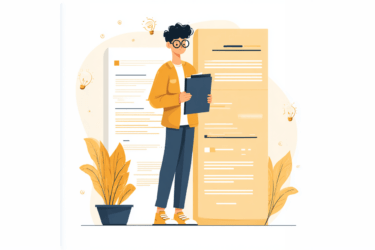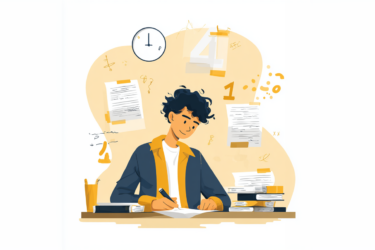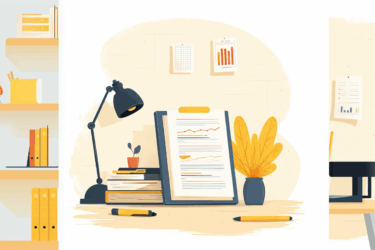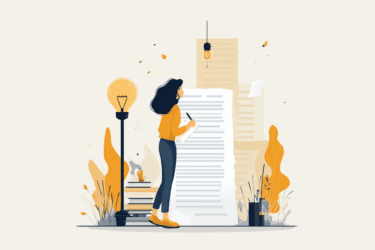Originality is a key to successful content creation. While it is normal to take information from other sources, especially when it comes to research, it is crucial to reference the original authors to avoid plagiarism accusations. Below you will find hints and ideas for authentic and plagiarism-free blogging.

Mind the images and visual content. Unless an image is marked as part of the creative commons and that no attribution is needed, you have to include the source of the images, videos, GIFs, and other visual material. Just because it is entertaining, jokey, or light-hearted does not mean that its source does not need to be recognized.
Be careful with paraphrasing It is easy to read something on the web and try to paraphrase it, inadvertently copying phrases and words. This is because the source material goes into your subconsciousness and you automatically come out with the same stuff when you write about a chosen topic. The best way to avoid this is to take original notes on the subject and study multiple sources before you paraphrase. When glancing at your notes, you can write something entirely fresh based on them. Important: you still should attribute the sources of information you use even if you paraphrase the ideas you rely on.
Research what’s out there. It’s normal to look around the internet to see what has already been written on the subject you want to discuss. You might be surprised by how many articles and posts have appeared on the internet on your topic of interest. It is not easy to come up with new angles and fresh content. That is why it is important to write the vast majority of your content from scratch in order to avoid claims of plagiarism. Also, when you research your topic in depth, you can understand the nuances and many sides of it. This will give you a more holistic perspective on what you want to discuss. The worst thing to do on the internet is to rant on something you don’t know much about, or which you have only a narrow view on. You will be exposed quickly by your audience.
Be cautious using AI. AI tools can significantly accelerate your writing process and help with brainstorming. Just keep in mind that using completely AI generated text might impact your content ranking. Besides, AI writing is not always accurate and can even be detected as plagiarised. Therefore, always double-check the data you get from a chatbot, and scan the content for AI traces before publishing.
Use anti-plagiarism tools. A plagiarism detector will reveal any similarities between your text and already existing content so you can edit your writing before publishing. This way, you can ensure originality, safeguard your reputation, and avoid plagiarism accusations.
